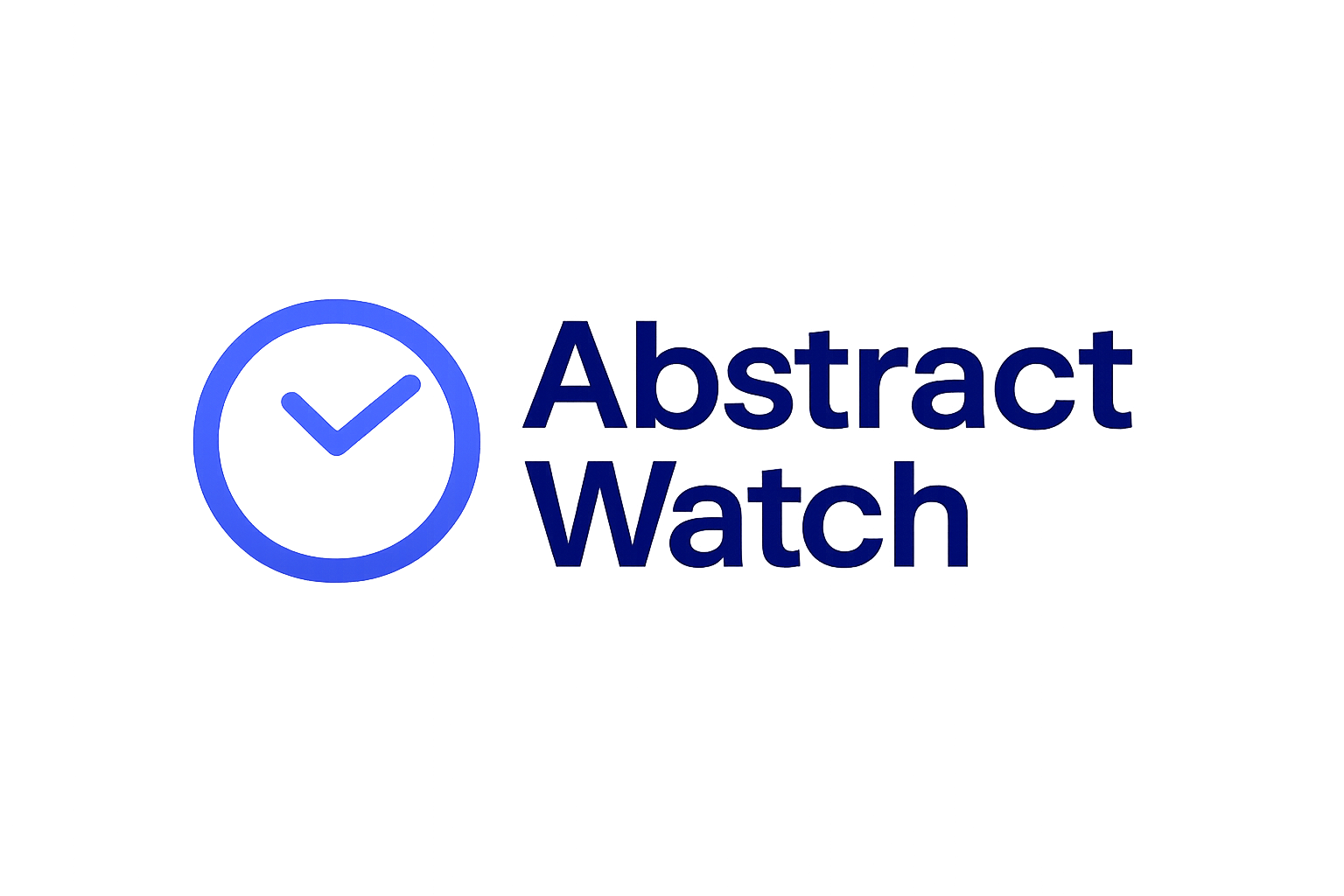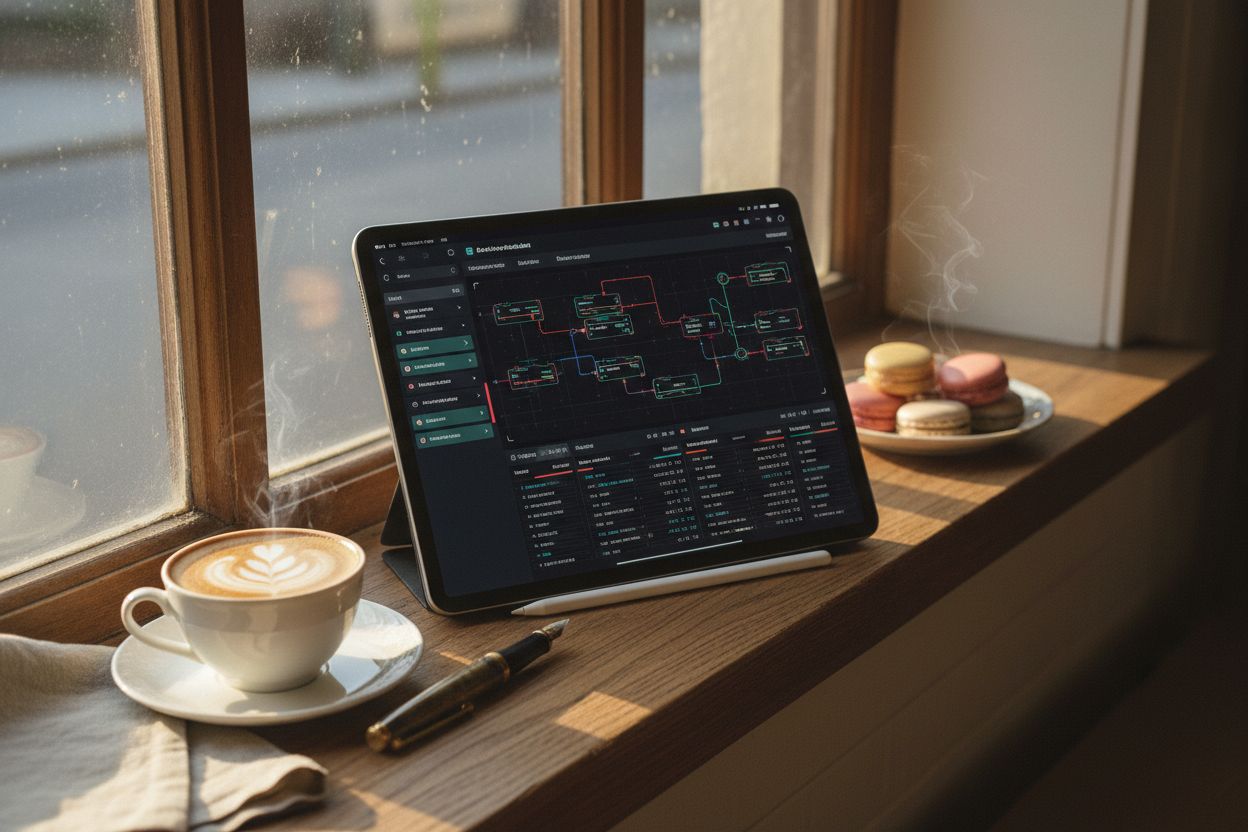
For blockchain startups, deploying a custom app-chain used to be a daunting process: months of engineering, high upfront costs, and the constant risk of outages or misconfiguration. The emergence of Rollup-As-A-Service (RaaS) has decisively changed this landscape, offering a streamlined path to scalable, secure, and customizable blockchain networks. In today’s competitive Web3 market, where time-to-market and resource efficiency are critical, RaaS platforms enable founders to focus on product innovation rather than infrastructure headaches.
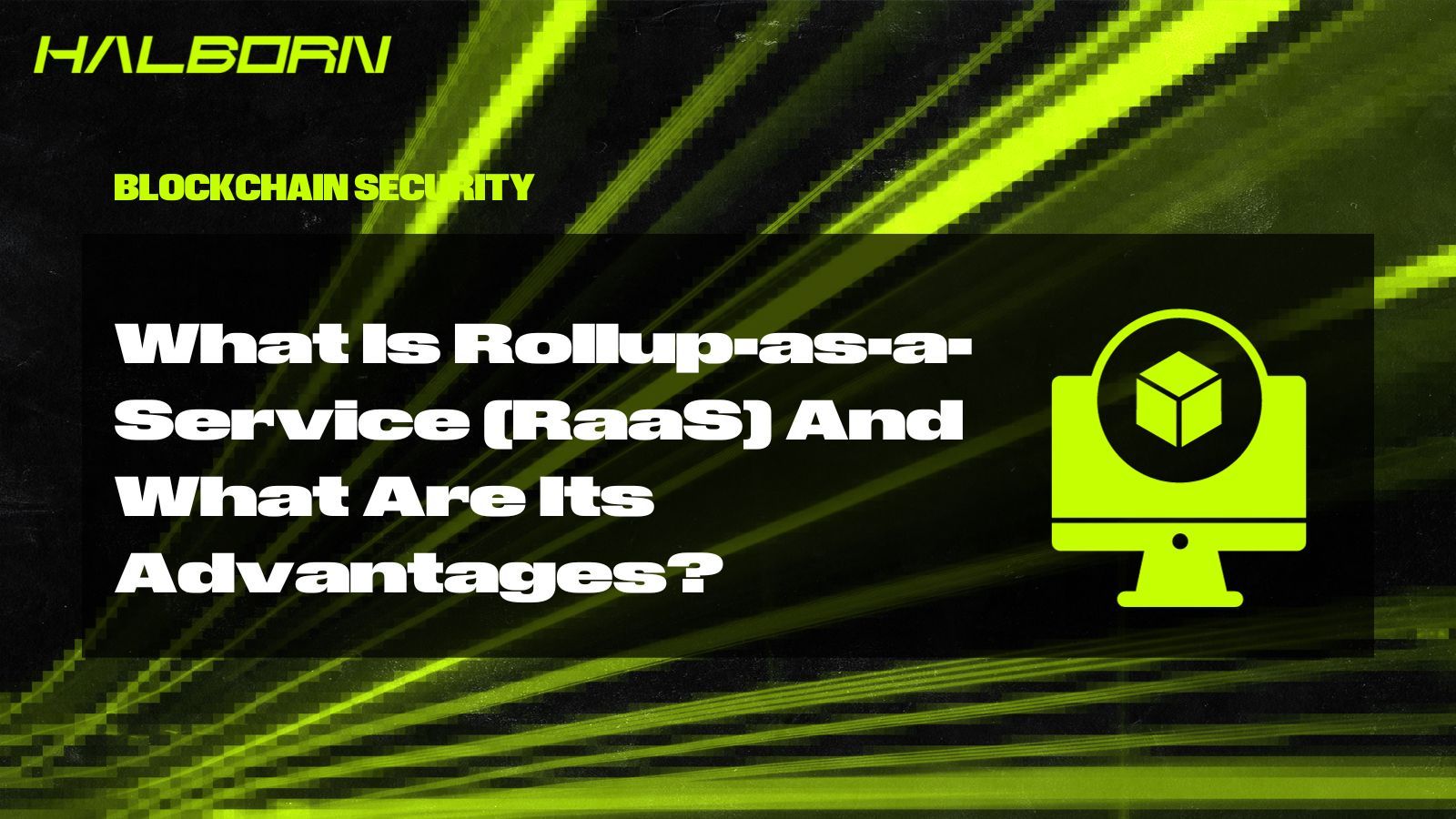
Why Blockchain Startups Need App-Chains and Rollup-As-A-Service
The demand for app-chains: blockchains tailored for specific applications, has surged as teams seek dedicated resources and fine-tuned performance. Unlike deploying on shared Layer 1 or Layer 2 networks where congestion is common and customization is limited, app-chains let projects control every aspect of their network environment. Yet building one from scratch is rarely feasible for early-stage teams.
This is where Rollup-As-A-Service excels. By abstracting away complex tasks like validator setup, bridge integration, node management, and security hardening, RaaS providers deliver pre-configured infrastructure that can be launched in days, not months. The result: startups can rapidly iterate on their applications while maintaining full sovereignty over performance parameters such as gas tokens, block times, and consensus rules.
Simplifying Development with Abstract Rollup Technology
The core promise of RaaS lies in its ability to transform blockchain deployment from a specialized engineering challenge into a managed service. Instead of assembling a team of protocol engineers or wrangling with low-level codebases, founders access intuitive dashboards and APIs that handle the heavy lifting. Leading platforms like Caldera and AltLayer offer no-code or low-code solutions that further lower the barrier to entry.
This abstraction not only accelerates development cycles but also reduces operational risk. With industry-standard best practices baked in, ranging from automated scaling to comprehensive monitoring, startups benefit from enterprise-grade reliability without the associated overhead. As highlighted by recent industry research, many RaaS providers now guarantee 99.99% uptime SLAs, a crucial factor for projects handling real-time transactions or cross-chain stablecoin flows.
Cost Efficiency: Lowering Barriers Without Sacrificing Performance
Traditional rollup development demanded significant capital outlays for infrastructure procurement and ongoing maintenance. RaaS platforms invert this equation by delivering economies of scale across multiple clients while passing on cost savings through usage-based pricing models. This means startups avoid both the up-front expense of custom builds and the unpredictable costs associated with mainnet congestion.
The impact is not just financial, it’s strategic. By reducing deployment costs and complexity, projects can allocate more resources toward user acquisition, ecosystem growth, or innovative feature development rather than backend maintenance. For an in-depth look at how abstract rollup technology delivers these efficiencies in practice, see this guide.
Customization Without Compromise
A major advantage of launching via RaaS is total network sovereignty without technical compromise. Teams can tailor every aspect of their app-chain, from consensus algorithms to tokenomics, while retaining compatibility with major ecosystems like Ethereum through EVM support. This flexibility empowers projects to build differentiated products that wouldn’t be possible on generic shared blockspace.
Beyond technical flexibility, RaaS providers offer robust tooling and integrations out of the box. Features like seamless bridge connectivity, analytics dashboards, and automated validator orchestration are now standard. This ecosystem of ready-to-use modules enables startups to leverage best-in-class components without reinventing the wheel. As a result, teams can deploy, monitor, and upgrade their app-chains with minimal friction.
Key Benefits of Rollup-As-A-Service for Startups
-
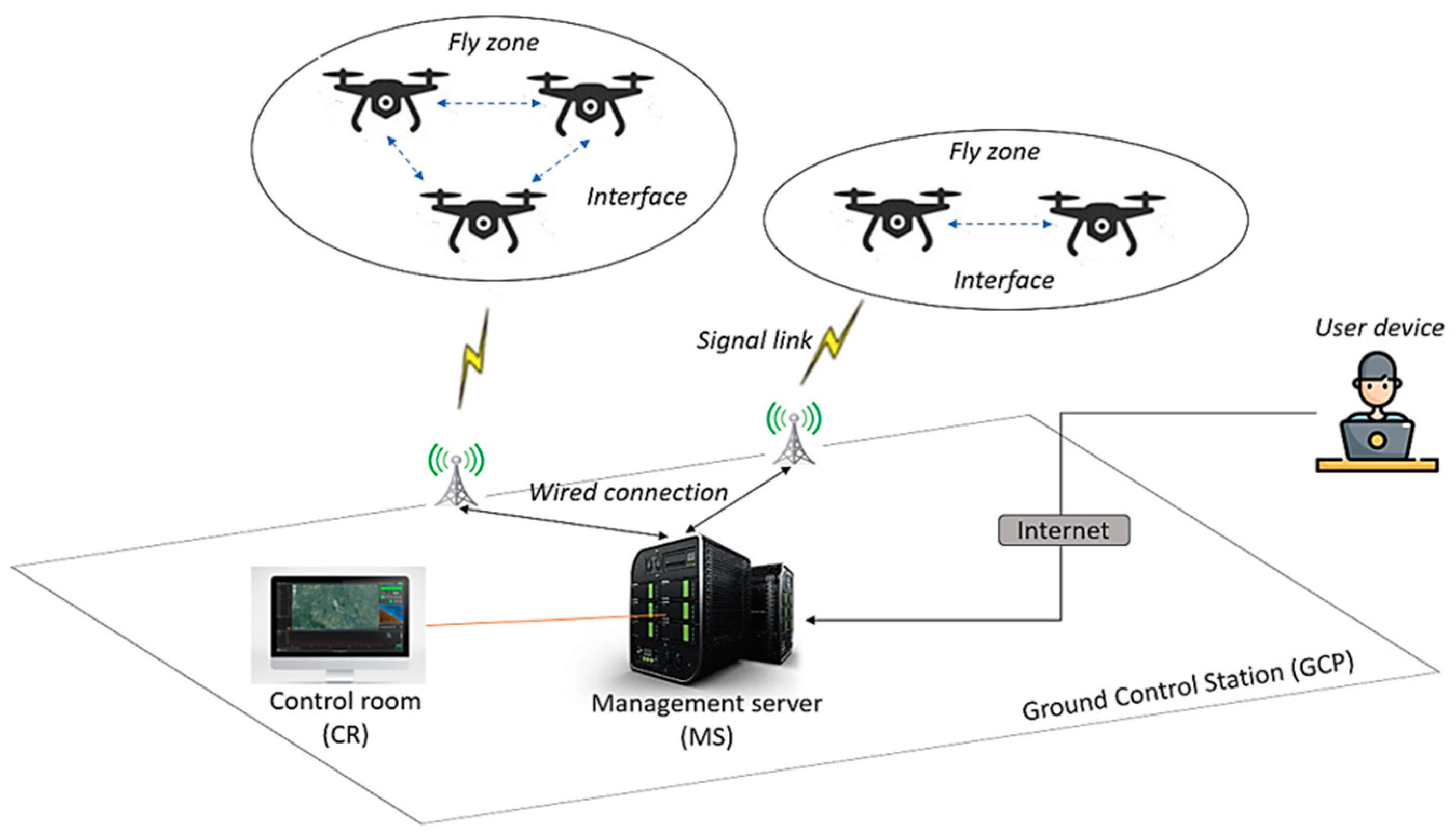
Simplified Development Process: RaaS abstracts complex blockchain infrastructure, enabling startups to deploy app-chains quickly without extensive engineering resources.
-

Cost Efficiency: RaaS platforms reduce deployment and operational costs by eliminating the need for specialized teams and providing fee savings compared to mainnet operations.
-
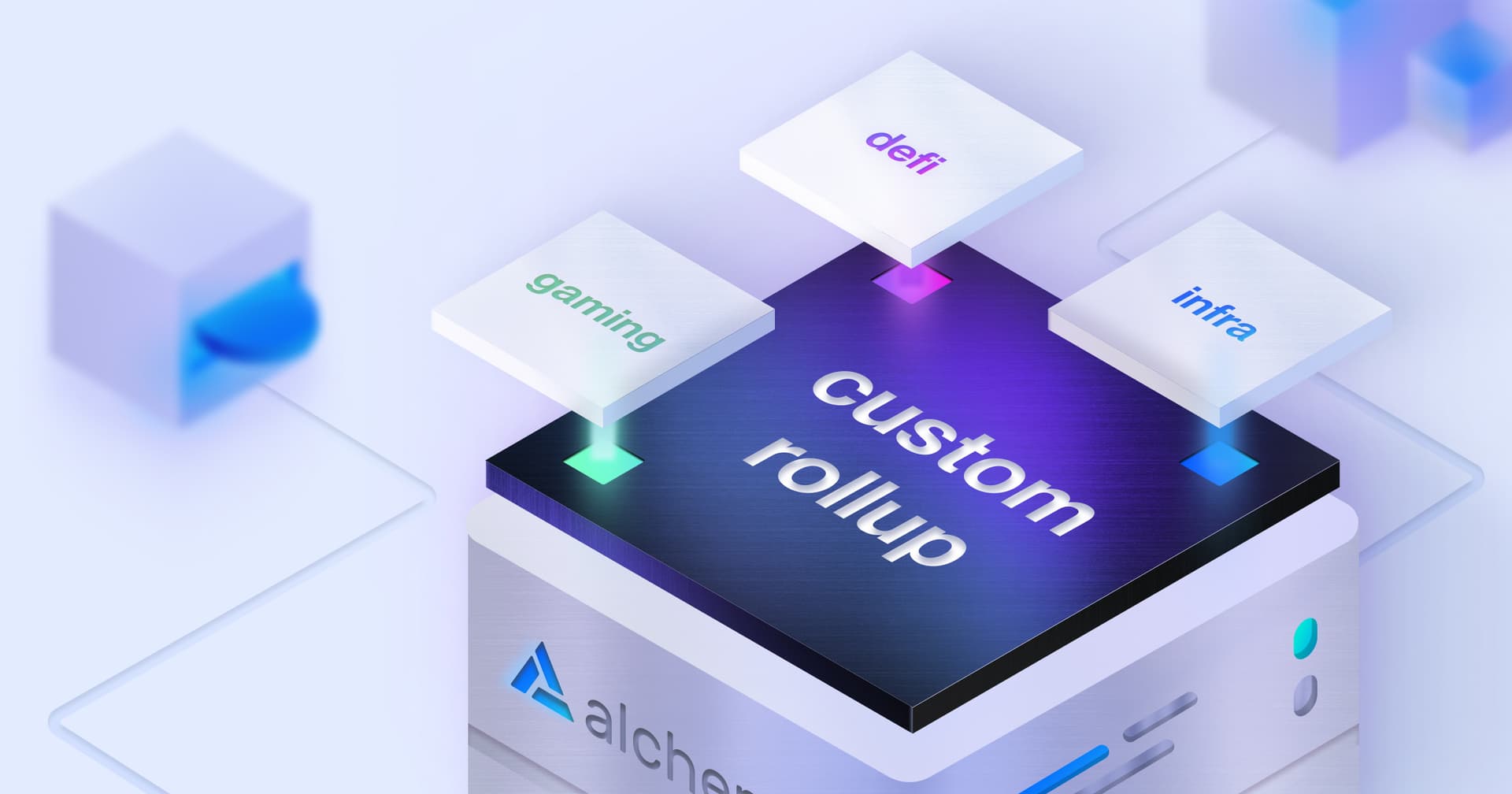
Customization Without Complexity: Startups can fully tailor gas tokens, block times, and consensus mechanisms for their applications, all while maintaining EVM compatibility.
-
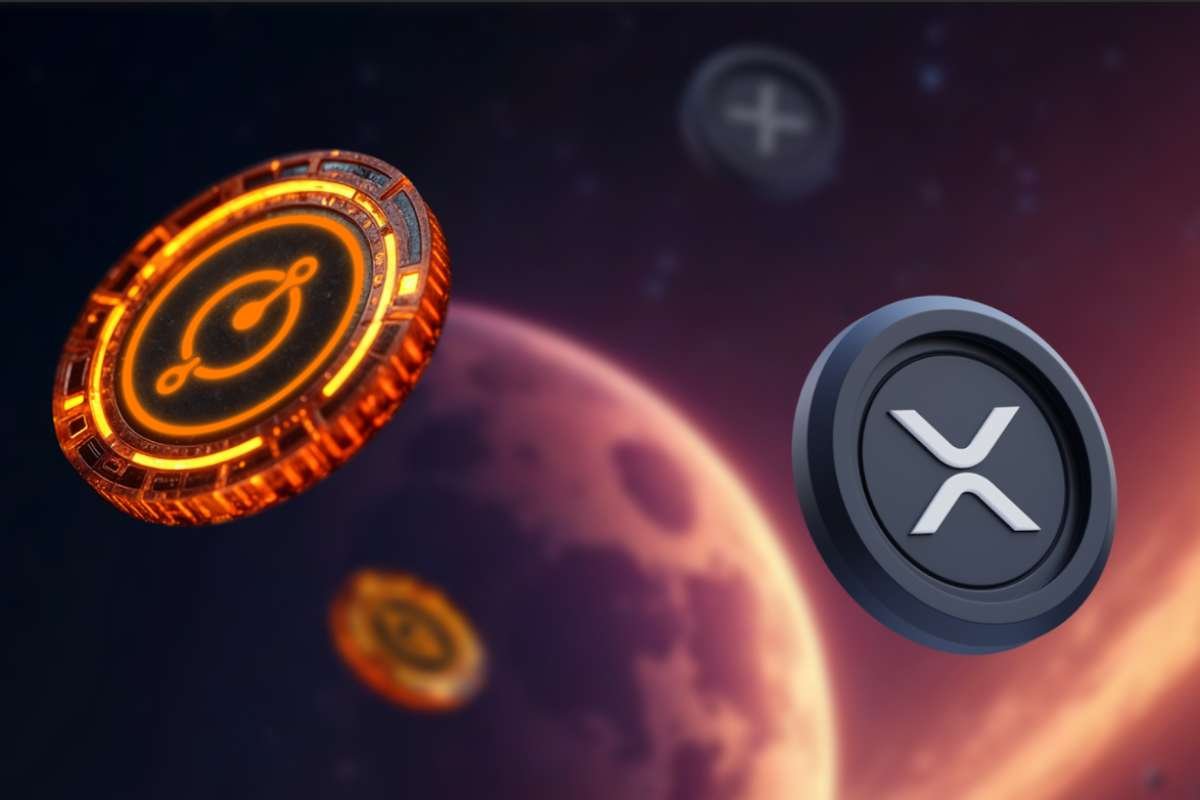
Enterprise-Grade Infrastructure: Leading RaaS providers offer high uptime SLAs, automatic scaling, and robust monitoring, ensuring reliability for mission-critical applications.
-
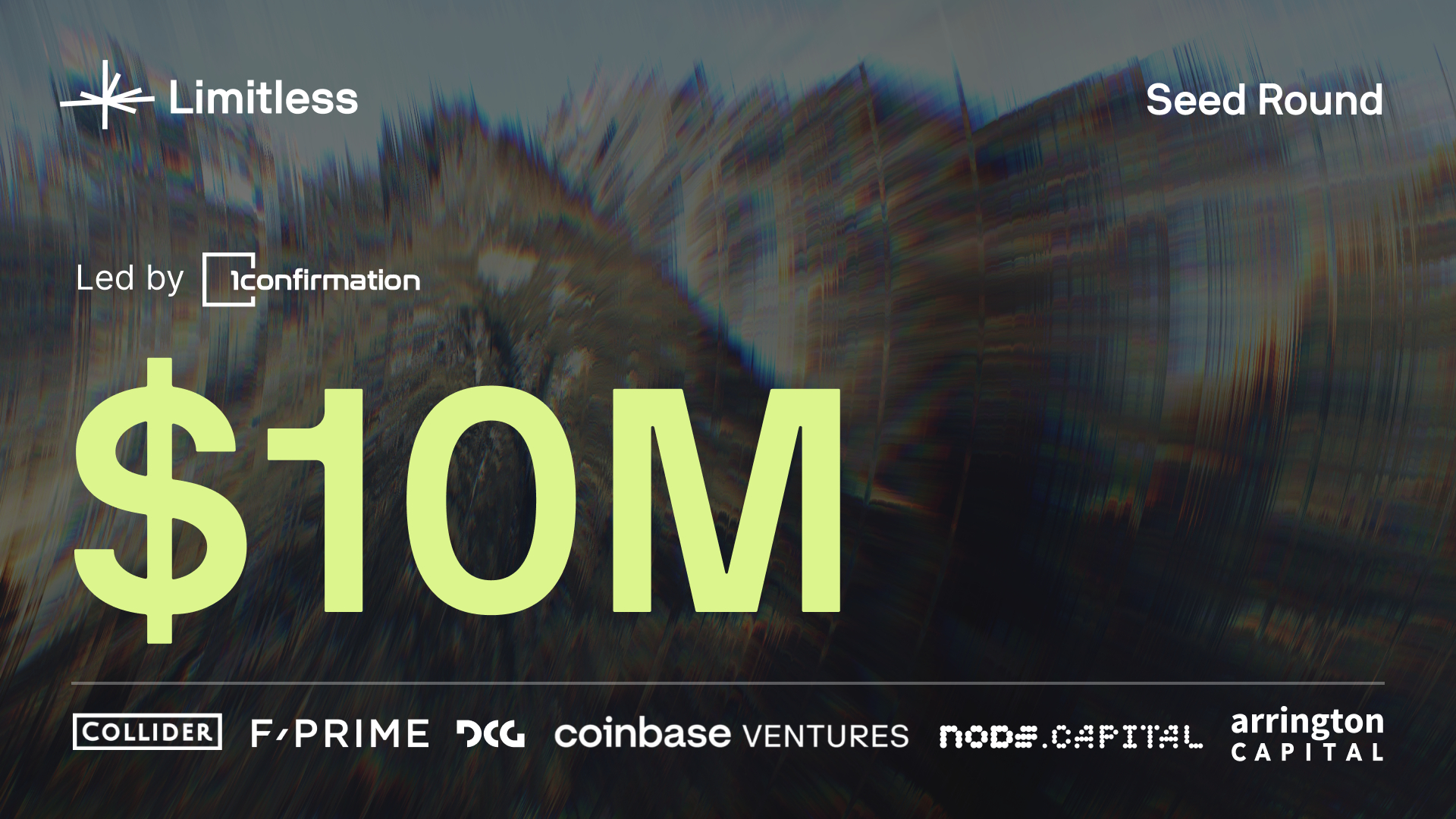
Accelerated Time-to-Market: With pre-configured tools and managed services, startups can launch scalable app-chains faster and focus on product innovation.
Security is another critical dimension where RaaS platforms excel. By leveraging proven rollup frameworks and standardized security practices, providers minimize attack surfaces that would otherwise require extensive in-house expertise to secure. Many leading platforms also conduct regular audits and offer rapid patch deployment for emerging threats, ensuring that even early-stage projects can meet enterprise-grade standards from day one.
Accelerating Go-to-Market for Web3 Startups
The ability to launch a fully functional app-chain in days rather than months is a game-changer for Web3 founders. This speed translates directly into competitive advantage, enabling rapid iteration, fast feedback loops from early adopters, and quicker pivots in response to market data or user demand. In an industry where first-mover advantage is often decisive, Rollup-As-A-Service unlocks new strategic options for ambitious teams.
Moreover, as the RaaS ecosystem matures, interoperability between different rollup stacks and Layer 1s continues to improve. Startups can now launch app-chains that natively interact with multiple networks or tap into liquidity across ecosystems, without sacrificing control or performance. For practical steps on how to leverage these advances in your own project, see our step-by-step guide.
The Future: Abstract Rollup Technology as a Standard
The trajectory is clear: abstract rollup technology is fast becoming the standard for scalable blockchain deployment. As infrastructure continues to commoditize and user expectations rise around uptime and customizability, RaaS platforms will remain at the forefront of innovation in decentralized systems. The next generation of blockchain applications, from DeFi protocols to gaming platforms, will be built on foundations that are both agile and robust.
For startups evaluating their options in 2025’s dynamic crypto landscape, Rollup-As-A-Service offers a disciplined path forward: faster launches, lower costs, stronger security guarantees, and most importantly, the freedom to focus on building products users love.
